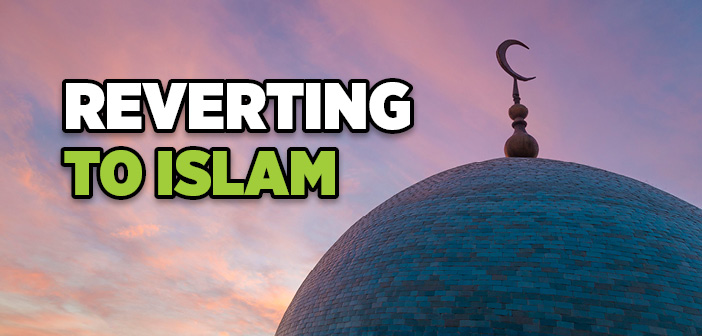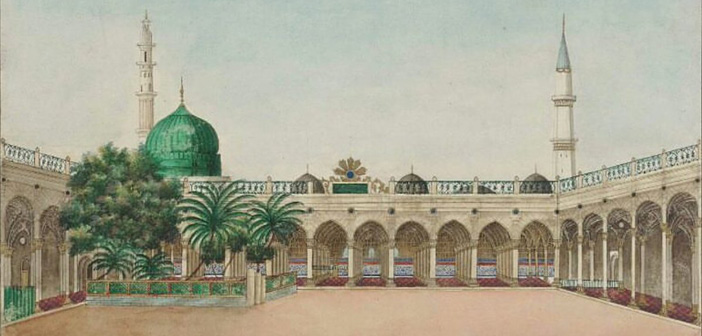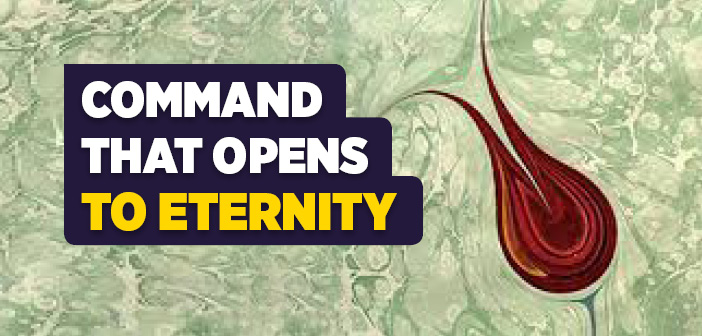What is an admirable character?
Back in time, a Muslim cloth merchant whose heart was moulded by the elegance of Islam, loaded his fabrics on a ship and set sail to Indonesia (then known as the Kingdom of Aceh) where he continued his business.
Being a content Muslim, he thought, “I would rather have less but clean earnings than sell the fabrics for more than they are worth”.
One day, he arrived at the shop late to find out that the assistant had made a great profit from a single sale. He then had the following exchange with the assistant:
“Which fabrics did you sell?”
“These ones, sir”.
“How much did you sell them for?”
“Ten coins a metre”.
“How could you? Those are only worth five a metre and we have cheated him. Would you recognise the man if you saw him?”
“Yes, I would!”
“Then go at once, find him and bring him to the shop. We don’t have time to lose!”.
The assistant scuttled out, and after a while returned with the man. The shop owner apologised to the man and gave him back the money he had been overcharged by the assistant. The customer, however, just stood there startled. He simply tried to make sense of what had just happened.
Soon, the news of the incident spread; and before long, it even reached the king. The cloth merchant was eventually summoned to the palace, where the king said:
“We have neither seen nor heard of such conduct. And it is all still a mystery to us. Do you mind explaining?”
With a respectful tone, the merchant replied:
“I am a Muslim. And in Islam, wealth belongs to Allah. Man is only a trustee. Islam also forbids unlawful profits, usury, selling goods above their value and all other transactions that are detrimental to society. On this particular occasion, I had unknowingly infringed on the rights of my customer. My earnings had been contaminated. All I did was to right a wrong.”
One after another, the king then asked him questions like “What is Islam and what does it take for someone to become a Muslim?”
The merchant kindly answered each and every one of them.
While it was the first time the king had heard of such a religion, he did not waste any time embracing it. Shortly after, the people of the region followed.
In this way, countries beyond the ocean like Indonesia, now home to millions of Muslims, were conquered as a result of a campaign of the heart. There was no military expedition to that region. Its rulers and people embraced Islam in circles, saying:
“What a wonderful religion!”
Our Prophet (SAW) showed a special interest to his companions who had understood and applied the secret of conveying Islam through conduct.
For instance;
There was an African woman who cleaned the Prophet’s (SAW) Mosque in Medina. Our Prophet (SAW) one day realised he had not seen her in a while. He curiously inquired her whereabouts. He was told that she had died. The pillar of loyalty that he was, our Prophet (SAW) then asked:
“Should you not have told me before?”
He then said:
“Take me to her grave!” He then went to the woman’s grave where he offered a funeral prayer and prayed for her. (Bukhari, Janaiz, 67)
The most effective and inspirational way of communicating Islam is through conduct (hal).
Saints also turned their hearts into convents and fulfilled their duty of promoting the good and preventing evil.
Among the pleasing qualities of the past people the Almighty also mentions promoting the good and preventing evil. The Qur’an states:
“And they believe Allah and the day of judgment, enjoin what is good and forbid what is wrong, and vie with one another in good deeds. It is they who are the righteous.” (Al-i Imran, 3:114)
In contrast, the reason why some past nations were destroyed was that they had abandoned the duty to promote the good and prevent evil.
Source: BEING A GUIDING LIGHT, Osman Nuri Topbas, Erkam Publications
 Source: BEING A GUIDING LIGHT, Osman Nuri Topbas, Erkam Publications
Source: BEING A GUIDING LIGHT, Osman Nuri Topbas, Erkam Publications




